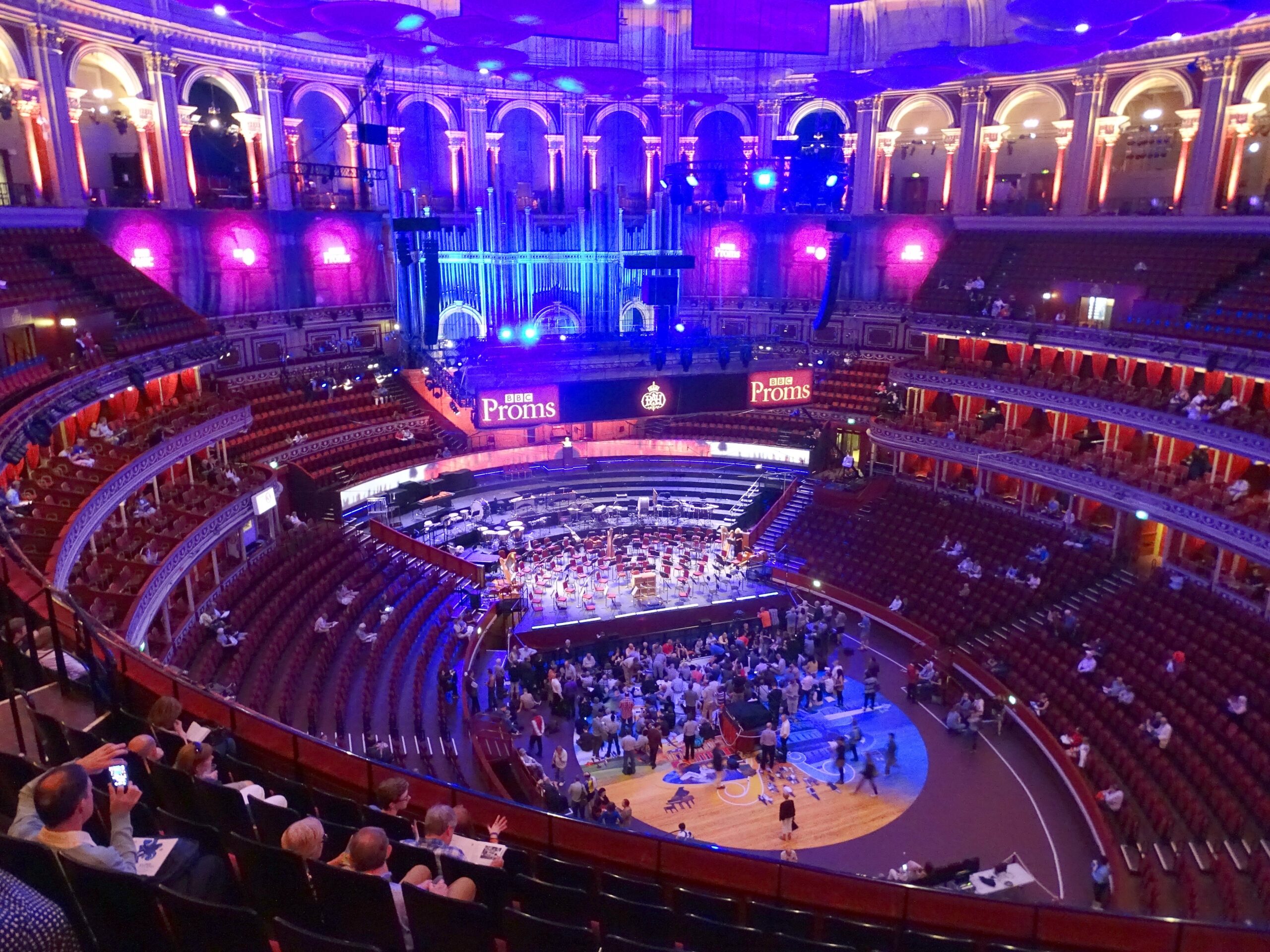What it’s like to Work as a Theatre Music Director?
BeatBrdg Resources – Industry Sector – Live Music
What it’s like to Work as a Theatre Music Director?
BeatBrdg Resources – Industry Sector – Live Music






A theatre music director is a vital member of any theatre production team. The music director is responsible for ensuring that the music in a production is of the highest quality, and that it is performed in a way that enhances the performance and the overall experience for the audience. In this piece, we will explore the daily tasks of a theatre music director, including pre-production tasks, rehearsal tasks, and performance tasks, and look at how interning in this environment can help you learn so much about this sector of the industry.
Pre-Production Tasks
The pre-production phase of a theatre production is a crucial time for a music director. During this phase, the music director works closely with the production team to establish the overall musical vision for the show.
The music director is responsible for selecting and arranging the music for the production, in addition to overseeing the hiring of musicians and vocalists.
One of the first tasks that a music director undertakes during the pre-production phase is to analyse the script of the production. This analysis helps the music director to understand the mood and tone of the production, which informs their music selection. The music director may also research the time period or setting of the production, as well as any cultural or historical influences that may affect the music selection.
After analysing the script and researching the production, the music director begins to select the music for the production. The music director may work with the production team to determine the appropriate style of music, as well as the instrumentation and vocal range needed for the show. The music director may also select pre-existing music or work with a composer to create original music for the production.
Once the music has been selected, the music director begins the arrangement process. This involves deciding on the key and tempo of each song, as well as arranging the music for the specific instrumentation and vocalists that will be used in the production. The music director may also create sheet music or lead sheets for the musicians and vocalists.
During the pre-production phase, the music director is also responsible for hiring musicians and vocalists for the production. The music director may hold auditions or work with an agency to find appropriate talent. The music director must ensure that the musicians and vocalists are skilled enough to perform the music for the production.
Rehearsal Tasks
Once the pre-production phase is complete, the production enters the rehearsal phase. During this phase, the music director works closely with the cast and crew to ensure that the music is rehearsed and performed to the highest standards.
One of the first tasks that the music director undertakes during the rehearsal phase is to conduct a read-through of the script with the cast. This helps the music director to determine the appropriate timing and pacing for the music in the production. The music director may also work with the director to block scenes and determine the appropriate placement of music in the production.
After the read-through, the music director begins to rehearse the music with the musicians and vocalists. This involves working through each song in the production, refining the timing, phrasing, and dynamics of each piece. The music director may also work with the musicians and vocalists to ensure that they understand the overall mood and tone of the production.
As the production progresses, the music director may also be responsible for creating and conducting vocal warm-ups and rehearsals. This helps to ensure that the vocalists are able to perform to the best of their ability and that their voices remain healthy throughout the production.
Performance Tasks
The performance phase of a theatre production is the culmination of all of the hard work put in during the pre-production and rehearsal phases. During this phase, the music director is responsible for ensuring that the music is performed to the highest standards, and that it enhances the overall performance for the audience.
One of the first tasks that the music director undertakes during the performance phase is to conduct a sound check. This involves testing the sound system and ensuring that all of the microphones, instruments, and other equipment are working properly. The music director may also work with the sound engineer to adjust the levels of the music to ensure that it is balanced with the other sound elements of the production.
Once the sound check is complete, the music director works with the musicians and vocalists to ensure that they are prepared for the performance. This may involve running through the music one last time, as well as providing any final direction or notes to the performers.
During the performance, the music director is responsible for conducting the musicians and vocalists. This involves using a baton or other conducting tools to keep the tempo, rhythm, and dynamics of the music in sync with the other elements of the production. The music director must be able to respond quickly to any changes in tempo or timing that may arise during the performance.
The music director may also be responsible for overseeing any technical elements of the music during the performance. For example, the music director may need to signal to the sound engineer to adjust the levels of the music, or to cue special effects or other sound elements that are integrated into the music.
Post-Performance Tasks
After the performance, the music director is responsible for debriefing with the production team and performers. This involves providing feedback on the performance, as well as discussing any issues that arose during the show. The music director may also work with the performers to identify areas where they can improve in future performances.
The daily tasks of a theatre music director are diverse and demanding.
The music director is responsible for ensuring that the music in a production is of the highest quality, and that it is performed in a way that enhances the performance and the overall experience for the audience. From selecting and arranging the music to rehearsing with the cast and crew, to conducting the musicians and vocalists during the performance, the music director plays a critical role in the success of any theatre production.
BeatBridge places interns to work alongside music directors and their teams working on productions of various sizes. If you would like to intern in this sector or environment, submit an application and we will contact you to discuss opportunities.
Learn More About Live Music



